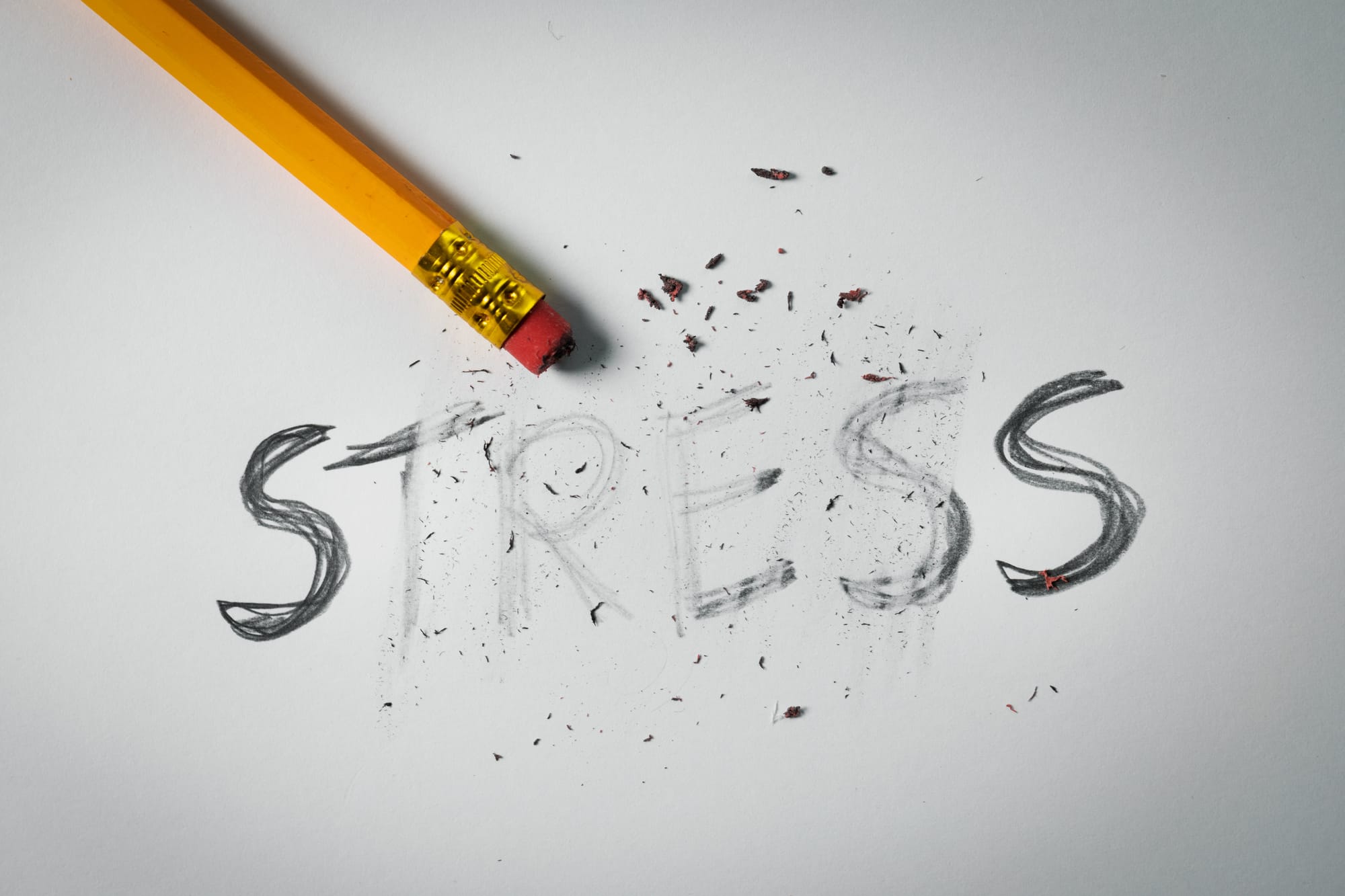The Positive Impact of Recreational Boxing on Stress Management

In today’s fast-paced world, mental health issues are on the rise, and finding effective ways to manage stress is crucial. Recreational boxing has emerged as a potent tool in this endeavor, offering both physical and psychological benefits. This form of exercise not only improves physical fitness but also enhances mental well-being, making it a comprehensive approach to stress management.
Endorphin Production and Mood Enhancement
Boxing as a physical activity induces the production of endorphins, known as the body’s natural mood lifters. These hormones play a crucial role in diminishing the perception of pain and can evoke a positive feeling in the body similar to that of morphine. Individuals who participate in recreational boxing regularly often experience bursts of euphoria and a general sense of well-being, which are pivotal in combating stress and anxiety.
Controlled Outlet for Aggression and Frustration
Recreational boxing provides a structured outlet for aggression and frustration. The controlled environment allows individuals to 'fight out' their stress in a safe manner, which can be extremely therapeutic. Striking a punching bag, for instance, enables the release of frustration physically, clearing the mind and easing emotional tension. This physical expression of stress helps to prevent it from manifesting in more harmful ways, contributing to better emotional and psychological health.
Physical Health and Its Link to Mental Well-being
Beyond stress relief, recreational boxing enhances overall physical health, which is intrinsically linked to mental well-being. Regular engagement in this form of exercise improves cardiovascular health, muscle strength, flexibility, and coordination. A healthy body often leads to a healthy mind, as the systemic improvements associated with physical fitness can help alleviate symptoms of depression and anxiety.
Life Skills: Discipline, Resilience, and Focus
Boxing offers valuable life skills such as discipline, resilience, and focus. Learning and mastering boxing techniques require mental and physical discipline, which can translate into other areas of life, including stress management. The focus needed to practice boxing can serve as a form of mindfulness, a proven method to reduce stress. Participants often find that during their training sessions, their minds are cleared of day-to-day worries, thus offering a mental break that revitalizes their mind and body.
Social Support and Community
The social aspect of recreational boxing should not be overlooked. Boxing gyms foster a community of individuals with similar goals, providing social support vital for mental health. The camaraderie experienced in these settings can lead to increased motivation and a sense of belonging, reducing feelings of isolation that often accompany stress and depression. Many boxing gyms also incorporate stress management workshops and activities that promote mental health awareness.
Conclusion
In summary, recreational boxing offers a multi-faceted approach to stress management, addressing both the physical and mental aspects of well-being. It is a powerful exercise that counters physical inactivity and provides a robust solution to manage everyday stress effectively. Whether through the physical exertion and consequent endorphin release, the therapeutic punching out of stress, the discipline and focus required, or the supportive community environment, boxing stands out as a remarkably effective method for maintaining mental health in the modern world


